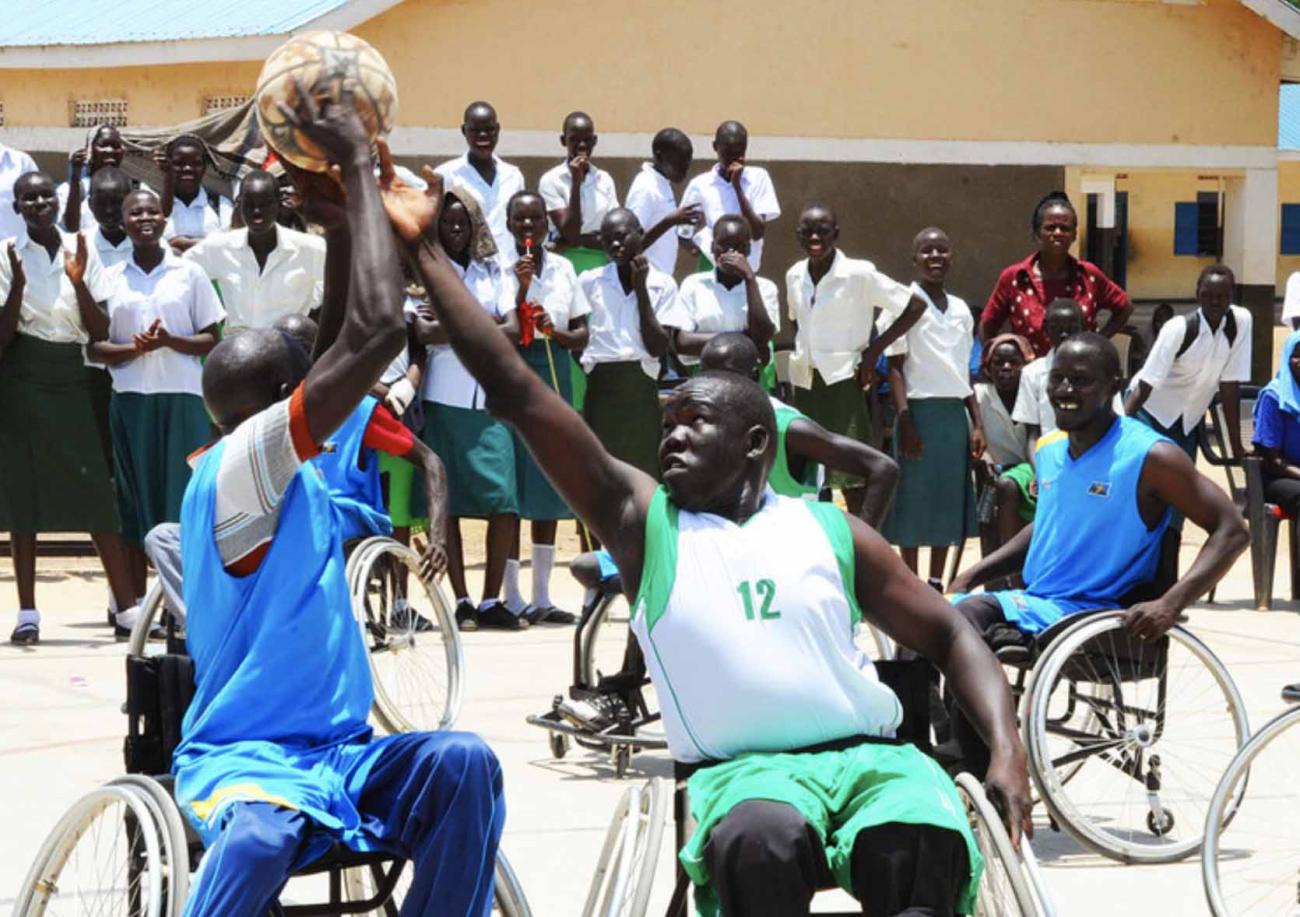The COVID-19 pandemic is intensifying inequalities experienced by the world’s one billion people with disabilities, UN Secretary-General António Guterres said in launching a report issued on Wednesday that calls for a disability-inclusive recovery and response to the crisis.
Even under normal circumstances, people with disabilities are less likely to access education, healthcare and income opportunities, or to participate in their communities, according to Mr. Guterres.
They are also more likely to live in poverty, and to suffer higher rates of violence, neglect and abuse.
“The pandemic is intensifying these inequalities -- and producing new threats,” he revealed.
Mr. Guterres said people with disabilities are among the hardest hit. They face a lack of accessible public health information and significant barriers to implement basic hygiene measures, as well as inaccessible health facilities.
“If they contract COVID-19, many are more likely to develop severe health conditions, which may result in death”, he added.
‘Astonishing’ care home death rates
“The share of COVID-19 related deaths in care homes - where older people with disabilities are overrepresented - ranges from 19 per cent to an astonishing 72 per cent”.
Additionally, in some countries, healthcare rationing decisions are based on discriminatory criteria, such as age or assumptions about quality or value of life, based on disability: something which must not be allowed to continue.
“We must guarantee the equal rights of people with disabilities to access healthcare and lifesaving procedures during the pandemic”, he said.
Greater risk of job loss and domestic violence
The COVID-19 pandemic is hitting people with disabilities in other ways.
Mr. Guterres said those who faced employment exclusion before the crisis are now more likely to lose their jobs. They also will experience greater difficulties in returning to work.
Yet, less than 30 per cent of people with significant disabilities have access to benefits. In low-income countries, the number is only one per cent.
Meanwhile, people with disabilities - particularly, women and girls - face a greater risk of domestic violence, which has surged during the pandemic.







